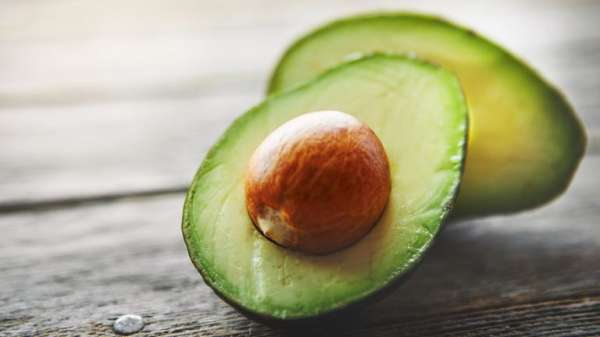
You may like your smashed avocado on toast but a new report has revealed climate change is having a “terrible impact” on the popular fruit.
The superfood, which is high in fibre and healthy fats, guzzles vast amounts of water as it grows, making it especially vulnerable in a hotter, drier world.
The fruit boomed globally in the 2010s, becoming associated with millennials and expensive brunch menus.
But as its popularity grows, productivity in key growing countries, including Burundi, Chile, Peru, Spain, South Africa and Mexico, is shrinking due to more volatile conditions, according to a report by the charity Christian Aid.
There are now calls for vulnerable avocado farmers to be given more support.
Jolis Bigirimana, an avocado farmer and president of Farmer’s Pride Burundi, said climate change in the African country “is a huge problem, especially for avocado growers”.
“We are experiencing hot temperatures, heavy rain and erosion, which is having a terrible impact on farmers’ productivity and their income,” he added.
“It now costs us a lot of money to water our crops.”

Dr Chloe Sutcliffe, from the Royal Horticultural Society, said the UK currently obtains most of its avocados from Peru and Chile where water scarcity is already high.
She said the expansion of avocado production has compromised access to water for some smallholder farmers.
“It is very likely that the impacts of climate change on water availability will further exacerbate water scarcity issues in these areas,” she added.
Just one avocado needs 320 litres of water on average, according to sustainable food expert Honor Eldridge.
Some food experts recommend smashed peas with garlic and mint as an alternative toast-topper.
Christian Aid’s report, called Getting Smashed, cites a 2022 study that forecasts primary growing areas would decline by 21% by 2050 even if global warming was limited to 2C.
The world’s biggest producer, Mexico, could see its potential growing area reduced by 31% by 2050 under 2C of warming, Christian Aid said.
The world is currently on track for around 2.5-2.9°C of warming above pre-industrial levels, far above the 1.5-2C target under the Paris Agreement, but much lower than past estimates after new climate and energy policies.
Sarah Peake, from the Eden Project, called for “urgent action to reduce greenhouse emissions” and to protect growing systems and the people dependent on them.
“It doesn’t stop there – we can all lessen our impact on the planet by thinking about what we eat and where it comes from,” she added.

